Malawi
Malawian President Peter Mutharika said on Sunday reports accusing him of fraudulently benefiting from a near $4 million government contact were “fake news” as part of a ploy to smear him ahead of a national election next year.
“I did not personally benefit in any way from the contract and that’s why I am concerned about the lack of truth. I am worried about what our country has become in as far as peddling of fake news on social media is concerned,” he told Reuters.
“I do understand that it’s election season and my opponents will come up with all manner of lies to in an attempt to win the hearts and minds of people.”
Corruption charges could damage re-relection bid
Mutharika, president since 2014, has been tipped to be re-elected, but regular allegations of corruption could hobble his campaign in the impoverished southern African nation where reports of government graft have become routine.
The country’s anti-graft body, the Anti-Corruption Bureau, has been investigating a $3.9 million Malawi police food supply contract awarded to Pioneer Investments, a firm owned by an Asian-born Malawian businessman Zameer Karim.
Malawi’s two biggest daily newspapers on Friday published what they said was the ACB’s final report into the contract.
The reports, widely circulated on social media, said the businessman deposited 145 million Malawian kwacha ($203,000) into an account belonging to the ruling party and of which Mutharika is sole signatory.
Karim denied wrongdoing. “My company was awarded the contract after a rigorous process so I don’t see any wrongdoing,” he said.
ACB director general Reneck Matemba did not comment on whether the report reflected its final conclusions, which have yet to be officially published, but said: “We are still investigating the procurement and we are not finished yet.”
Malawian presidents have seen the impact of corruption allegations before.
Corruption crippled Malawi economy
“Cashgate”, the 2013 corruption scandal in which senior government officials siphoned millions of dollars from state coffers, saw international donors cut off aid and then-president Joyce Banda go into self-imposed exile in the United States.
Malawians next go to the polls in May 2019 to elect the president, parliament and ward councillors.
Periodically hit by severe food shortages and power outages, the country is struggling to contain its external debt and put its economy on a sound footing – all chief campaign issues alongside corruption.
“As president, I have demonstrated my commitment to fighting corruption by allowing ACB to even investigate my cabinet. I didn’t block the investigation of one of my ministers over the Zambian maize procurement deal,” Mutharika said referring to a scandal that saw his agriculture minister arrested for his suspected part in the deal.
With the election, Mutharika faces losing the immunity from prosecution he currently enjoys as sitting president.
Mutharika main rivals are Banda, and current deputy president Saulos Chilima, who quit the ruling party last month citing corruption.
Banda returned home in April and vowed to prove her innocence after more than three years in the self-imposed exile.




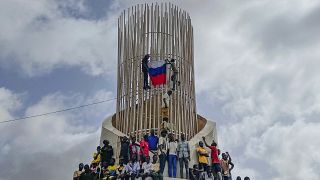
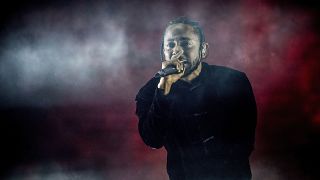
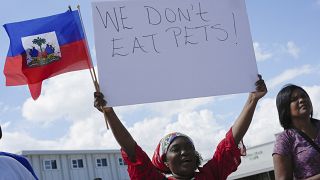
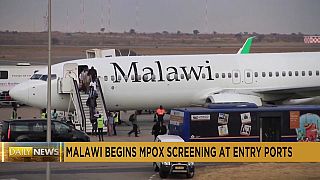

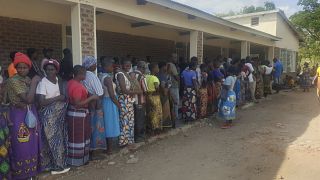
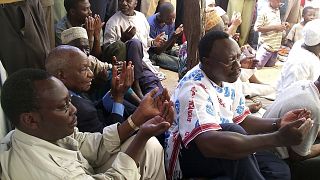
00:58
Somaliland opposition leader wins presidential poll
00:45
What next for Safa president Danny Jordaan?
01:10
Voters head to polls in Somaliland as leaders hope for global recognition
01:11
Chad's electoral body disqualifies senior ruling party official
01:44
Mauritius heads to the polls in wake of wiretapping scandal
Go to video
Why Mozambique's election has sparked weeks of protests and a violent crackdown by police